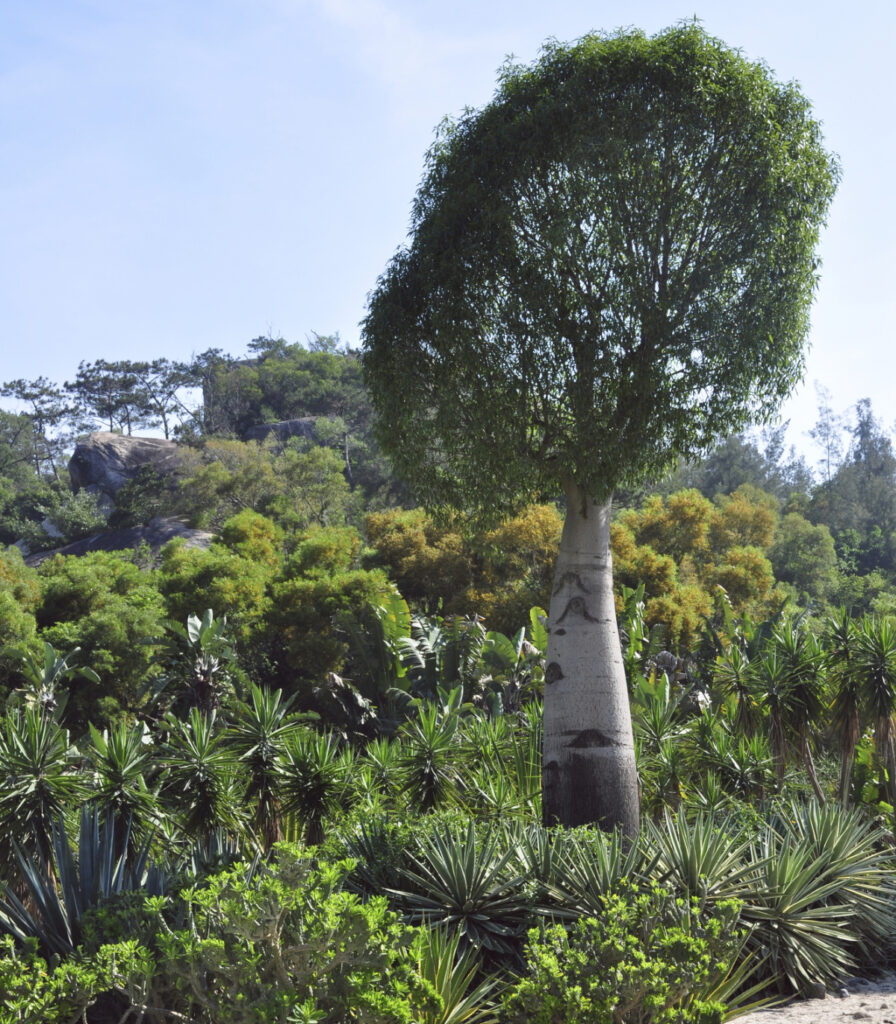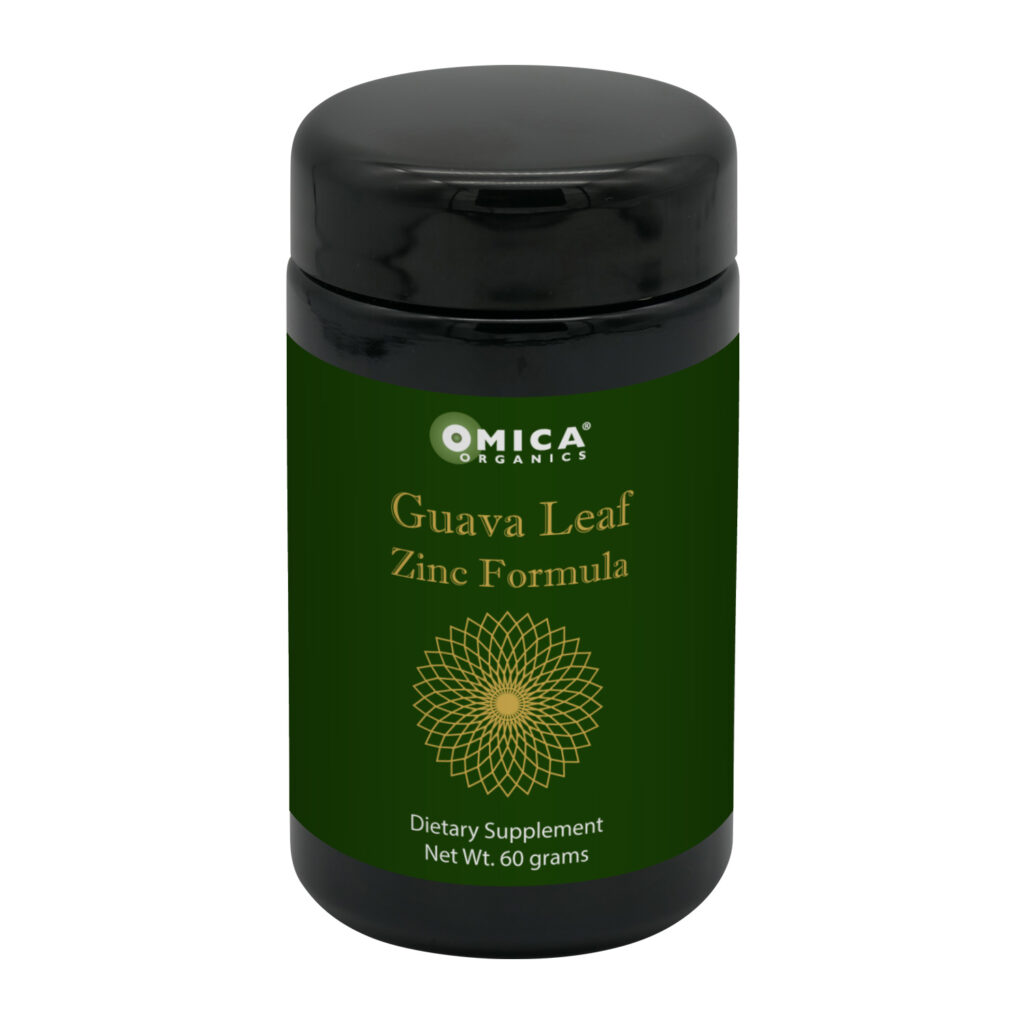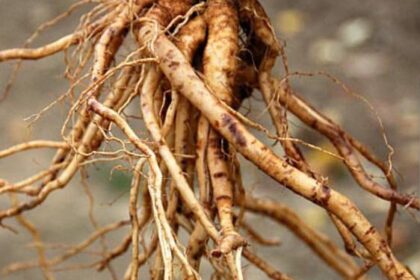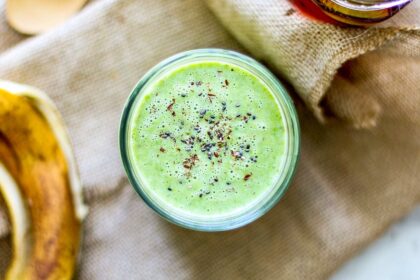In today’s world of processed foods and nutrient-poor diets, malnutrition is a growing global epidemic. Over 800 million people lack access to proper nutrition to support health and development. Meanwhile, rates of chronic diseases like heart disease, diabetes, and obesity continue to climb. The solution may lie in an ancient “miracle tree” that has provided indigenous cultures with incredible nutrition for centuries.
This drought-resistant tree native to India packs a nutritious punch far exceeding commonly consumed fruits and vegetables. Ounce for ounce, its dried leaves contain 10 times the vitamin A of carrots, 7 times the vitamin C of oranges, 17 times the calcium of milk, and 15 times the potassium of bananas. Beyond essential vitamins and minerals, this plant provides potent antioxidants, blood sugar-lowering compounds, and anti-inflammatory properties.
Consumption of the powdered leaves of this miracle tree may support optimal function of vital tissues and organs. Its rich nutrient profile enhances cardiovascular health by keeping arteries clear and lowering blood pressure and cholesterol. The high antioxidant content boosts lung health by fighting inflammation and preventing damage. It supports kidney health by preventing stones and lowering triglycerides.
While no single food can prevent disease, regular consumption of this miracle tree powder could provide better overall nutritional value than the average daily multivitamin. Harnessing the potential of this ancient natural remedy could be a key strategy in combating malnutrition and chronic disease globally. The miracle tree is none other than Moringa oleifera.
The Remarkable Nutrition of the “Miracle Tree” Moringa
Moringa oleifera is an exceptionally nutritious tree that thrives in harsh conditions, growing rapidly from seeds or cuttings even in poor soil and dry climates. Every part of the moringa tree is edible, but the leaves stand out for their stellar nutritional profile.
Ounce for ounce, moringa leaves contain higher amounts of many key nutrients than common fruits and vegetables. They provide 7 times more vitamin C than oranges, 10 times more vitamin A than carrots, 17 times more calcium than milk, 15 times more potassium than bananas, and 25 times more iron than spinach.
In addition to essential vitamins and minerals, moringa leaves are rich in proteins, antioxidants, flavonoids, carotenoids, and phenolic compounds. The seeds also boast a remarkable nutrient density with antioxidant, anti-inflammatory, antimicrobial, and blood pressure and blood sugar lowering effects.
Given its excellent nutritional value, moringa leaves have been utilized to combat malnutrition in developing countries. Compared to everyday foods, the leaves offer more protein than eggs, more iron than spinach, more vitamin A than carrots, and more calcium than milk.
With its stellar nutrition credentials, it’s no wonder moringa oleifera has earned the moniker of “miracle tree.” Today, the nutrient-packed leaves are increasingly dried into powder and used to make supplements, drinks, and teas that can boost health and nutrition. Thanks to its rapid growth and drought tolerance, moringa is a sustainable superfood that holds promise for improving diets and public health around the world.

Moringa Leaves – An Excellent Plant-Based Protein Source
Protein made up of essential and nonessential amino acids is vital for growth and repair in the human body. While animal foods like meat, eggs, and dairy provide complete essential amino acids, most plant proteins are incomplete. However, moringa leaves are a uniquely excellent plant-based source of high-quality protein and essential amino acids, comparable to animal foods.
With regular physical activity, the recommended daily protein intake is 1.3-1.7 g per kg of body weight. Moringa leaves contain all essential amino acids and have higher protein content by weight than common plant foods like lentils, spinach, and kale.
The excellent amino acid profile makes moringa an ideal protein alternative for vegetarians and vegans compared to other plant-based options. By providing abundant, high-quality plant protein, moringa leaves are uniquely positioned to help fight protein deficiency and malnutrition in developing countries.
Amino Acid Profile of Moringa Leaves
The amino acid profile of moringa leaf protein reveals it contains all 9 essential amino acids comparable to animal protein sources like eggs, chicken, and fish. In particular, moringa leaves have high levels of isoleucine, leucine, lysine, methionine, phenylalanine, threonine, valine, and histidine.
Additionally, moringa contains appreciable amounts of 7 non-essential amino acids including tyrosine, alanine, arginine, asparagine, glutamic acid, glycine, proline, serine, and cystine. This complete essential amino acid profile gives moringa leaf protein quality on par with meat, making it an excellent plant-based protein source.
Compared to other leaf protein sources like soybean, wheat, and rice, moringa leaves contain higher levels of most essential amino acids. The abundant protein content and complete amino acid profile make moringa leaves ideal for meeting nutritional needs, especially in developing regions where protein deficiency is common.
Abundant Antioxidants in Moringa Leaves
Moringa leaves are packed with antioxidants that help counteract oxidative stress and prevent chronic disease. Compared to conventional produce, moringa leaves have very high antioxidant activity due to their natural phytochemicals like flavonoids and phenolic compounds.
Studies show moringa leaf extracts demonstrate potent antioxidant effects both in vivo and in vitro. Specific antioxidant compounds identified in the leaves include chlorogenic acid, gallic acid, kaempferol, quercetin, and various glycosides. Freeze-dried moringa leaves retain their antioxidant activity.
The rich antioxidant profile makes moringa leaves an excellent natural source of antioxidants. Incorporating moringa into the diet could boost antioxidant intake and help restore balance between oxidants and antioxidants in the body, conferring protection against cell damage and chronic disease development.
The Broad Medicinal Applications of Moringa
For centuries, various preparations and extracts from nearly all parts of Moringa oleifera including the leaves, pods, bark, roots, seeds, and flowers have been utilized in traditional medicine systems like Ayurveda and Unani. Modern scientific research has now validated the impressive range of medicinal properties of moringa.
Moringa demonstrates antibacterial, antifungal, anthelmintic, antioxidant, anti-inflammatory, anticancer, antidiabetic, cardioprotective, antispasmodic, analgesic, antipyretic, antiulcer, and wound healing effects. These therapeutic effects are attributed to specific bioactive phytochemicals present in moringa tissues including niazimicin, pterygospermin, benzyl isothiocyanate, zeatin, and various flavonoids and phenolic compounds.
Studies confirm potent antimicrobial action of moringa extracts against pathogens like Staphylococcus aureus, Pseudomonas aeruginosa, Salmonella Typhi, Escherichia coli, and Candida albicans. The leaves and seeds also exhibit anthelmintic effects against certain parasitic worms. Moringa leaf extracts have successfully mitigated asthma symptoms and improved respiratory function in clinical trials.
The antioxidant and anti-inflammatory qualities of moringa make it a promising candidate for cancer prevention and treatment. Moringa extracts have also shown hypotensive, hypolipidemic, and antidiabetic activities.
Beyond antioxidant, anti-inflammatory, and cytoprotective effects, moringa demonstrates specific antispasmodic, analgesic, antipyretic, cardioprotective, and ulcer healing properties as well. Overall, moringa’s diverse pharmacological actions support a wide array of potential therapeutic applications. More research should uncover additional ways this “miracle tree” can benefit human health.
High Quality Moringa Sourced From India
Experience the legendary health benefits of moringa with Micro Ingredients Moringa Oleifera Leaf Caplets. Sourced from India, these caplets harness the power of pure moringa leaf extract to provide a mega-dose of vitamins, minerals, antioxidants, and anti-inflammatory compounds.
Just 2 caplets deliver 1000mg of nutrient-rich moringa, the equivalent of over a dozen capsules from typical supplements. With 240 caplets per pouch, you get 120 potent servings to boost energy, immunity, heart health, blood sugar control, digestion, and more.
Backed by centuries of traditional use and extensive scientific research, moringa truly is a nutritional powerhouse. Make Micro Ingredients Moringa Caplets part of your daily routine to nourish your body and mind.
I recommend this product: Omica Organics Guava Leaf Zinc Tonic.
 Click Here To Get Guava Leaf Tonic + Moringa
Click Here To Get Guava Leaf Tonic + Moringa
Use the discount code: healthywildfree
In conclusion, Moringa oleifera is a nutritional and medicinal powerhouse. Its excellent nutrient profile provides protein, vitamins, minerals, antioxidants, and other beneficial phytochemicals that can help address malnutrition and prevent chronic disease.
Moringa extracts and compounds demonstrate impressive antibacterial, anti-inflammatory, anticancer, antidiabetic, cardioprotective, and other pharmacological effects that validate traditional medicinal uses. Given its ability to grow in arid climates, moringa is a sustainable superfood that holds promise for boosting nutrition and public health globally. More research on optimal cultivation, processing, and dosage will help maximize moringa’s benefits.
But current evidence confirms that parts of the moringa tree, especially the nutritious leaves, should be incorporated into diets and natural medicine regimens whenever possible. With its outstanding nutritional and medicinal qualities, moringa oleifera is worthy of its reputation as a “miracle tree.”




